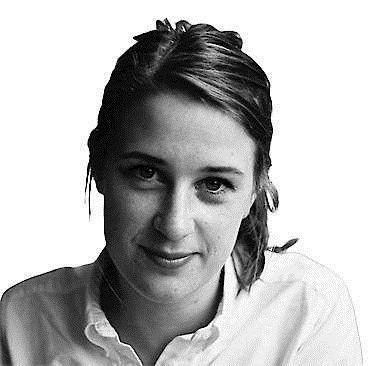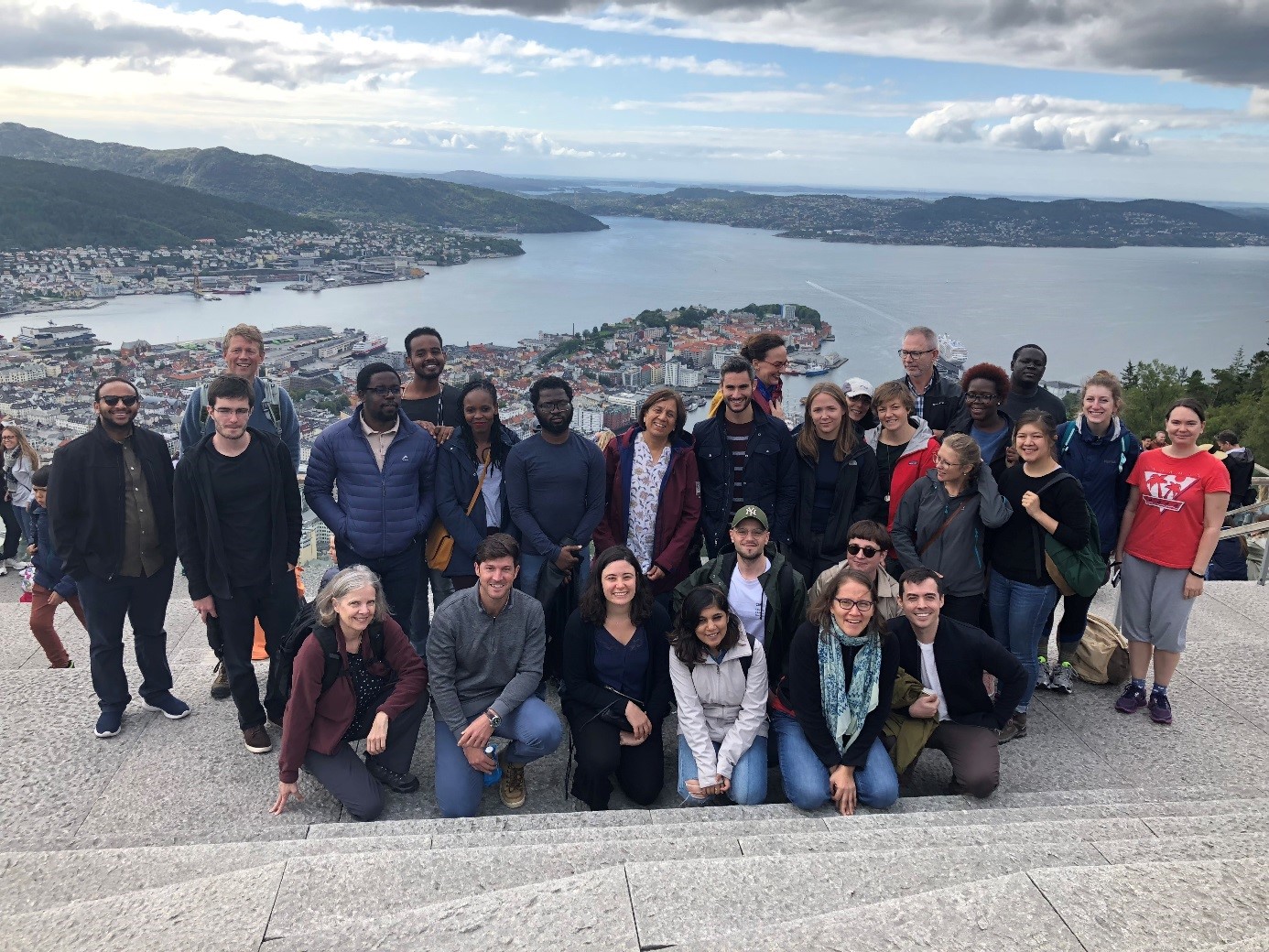We welcomed scholars from around the world to participate in the exchanges. Some of our program highlights:
LawTransform PhD course 2019
Effects of Lawfare: Courts and law as battlegrounds for social change (14- 23 August)
Practical information
The course combines lectures specifically designed for the course and participation in the lectures, panels, round-tables, and workshops of the Bergen Exchanges on Law & Social Transformation. Here are the programs for the PhD-course/Bergen Exchanges and the reading list. Please visit the course page for further information about admission and registration.
Students will receive 3 ECTS for participating in the course (80% of seminars), submission of paper abstract (300 words), and presentation of their own work to the other participants. Students who submit a publishable journal article (4.000-6.000 words) by 15 October 2019 are awarded an additional 7 ECTS. Postdoctoral researchers and MA level students will be accepted if space permits.
The PhD course is free of charge and open to applicants from Norwegian and international institutions. Participants do, however, have to cover their own travel and accommodation costs, as there unfortunately are no scholarships available.
Applicants will be contacted about the results of the selection process by 7 June. By 10 August, the selected students should send us their research design (based on an explained and flexible format they will receive from us) as well as a personalized, annotated literature list.
Course leaders: Siri Gloppen (Comparative Politics, UiB/CMI) and Camila Gianella (CMI).
Course coordinator: Lara Côrtes (CMI).
Topic
The past three decades has seen an accelerating juridification and judicialisation of societies and politics. In all parts of the world and at all levels, from the global to the local, increasingly complex webs of legal norms and institutions regulate our societies and lives. Courts and law have become increasingly important as arenas for political struggles. Constitutional reforms and international treaties aim to transform social dynamics from above, among others though new and stronger protection of citizens’ rights, while individuals and groups engage in legal mobilization from below to seek justice for their cause.
In either case, dense networks of international activists and experts are ready to engage with and aid local actors, creating a dense global network of actors, legal norms, and adjudicative institutions. In this context, it is urgent to better understand law as a political field. Does this turn to rights and law have a transformative potential? Does it provide institutional spaces for the voices of marginalized groups to be heard and tools that can provide political leverage? Or does it, rather demobilize and depoliticize struggles in ways that exacerbate unequal power-relations and marginalization dynamics?
These are urgent issues on which there are deep disagreements in the literature. The course offers an introduction to the scholarly debates on the potential and limits of law as an instrument of social change, and opportunities to engage with some of the foremost scholar in the field, and international research projects currently seeking more compelling answers to these questions.
This year the course – and Bergen Exchanges – will focus particularly on challenges in the fields of corruption, natural resources and climate change, indigenous rights and technology & law.
Applications for the course are now closed, successful applicants will hear from us in due course.
Centre Director – Siri Gloppen
Centre Coordinator – Ingvild Aagedal Skage
Bergen Exchanges Volunteer Coordinator – Oda Ringstad
PR Coordinator – Anna Gopsill
Volunteers at the Bergen Exchanges 2019
PhD Course Coordinator and Leaders
PhD Course Coordinator
Lara Côrtes Postdoctoral researcher on the CMI-LawTransform project ‘Elevating Water Rights to Human Rights: Has it strengthened marginalised peoples’ claim for water?’
Course Leaders
Siri Gloppen Director at the Centre on Law and Social Transformation and Professor of Comparative Politics at the University of Bergen, she is also a senior researcher at Chr. Michelsen Institute. Political scientist with a research focus on the intersection between law and politics.
Camila Gianella Researcher at Chr. Michelsen Institute and the Centre on Law and Social Transformation. She is part of several projects at the centre: ‘Abortion Rights lawfare in Latin America’, ‘Operationalizing a Rights-Based Approach to Health Service Delivery’, ‘Political determinants of sexual and reproductive health: Criminalisation health impacts and game changers’ and ‘Litigating the Right to Health’.
Keynote speakers
Malcolm Langford is Co-Director at the Centre of Law and Social Transformation and a Professor of Public Law, University of Oslo. A lawyer and social scientist, his publications span human rights, international development, international investment, comparative constitutionalism and the politics of the legal profession. Malcolm’s awards include the University Medal in Economics from the University of NSW and the Young Scholar Prize from the European Society of International Law for his paper on Managing Backlash. He is the Co-Editor of the Cambridge University Book Series on Globalization and Human Rights, co-coordinates two of the Centre’s Research Council of Norway projects on sexual and reproductive rights andleads a major research programme on the politics of branding the Nordic Model. Malcolm also coordinates the Forum for Law and Social Science, co-directs the Global School on Socio-Economic Rights and Judgment Watch, and acts as an advisor to various UN bodies, governments and NGOs.
Kristin Bergtora Sandvik (S.J.D Harvard Law School 2008) is a professor of legal sociology at the Faculty of Law, University of Oslo and a Research Professor in Humanitarian Studies at PRIO. Her work focuses on refugee resettlement, legal mobilization, humanitarian technology, innovation and accountability. She teaches legal anthropology, sociology of law, robot regulations, legal technology and empirical methods in law.
Participants
Giedre Casaite is an intern at the Centre on Law and Social Transformation. Her main focus is on international human rights protection. She has a Master’s degree in international and European Union law and six years legal work experience. Her thesis investigates principles of interpretation and application of the European Convention on Human Rights. Previously she worked as a jurist and an assistant to the Member of the Parliament, Chair of the Committee on Social Affairs and Labour (Lithuania). She also had traineeships at the European Parliament, European law department under the Ministry of Justice and Ministry of foreign affairs of the Republic of Lithuania.
Adèle Cassola is a Research Associate with the Global Strategy Lab at York University in Toronto, where she leads research on public health institutions and policies. She completed her Ph.D. in Urban Planning at Columbia University. Her doctoral research investigated how the ‘Just City’ principles inform planning policies and processes at the city and neighbourhood levels, with a focus on equitable development. Adèle previously led globally comparative research on equity in legal rights protections with the Institute for Health and Social Policy and the World Policy Analysis Centre. She earned her B.A. from the University of Toronto and her M.Sc. from the London School of Economics.
Anwesha Dutta has a PhD in Conflict and Development Studies from Ghent University, Belgium. Her PhD research focused on political ecology of resource extraction, conservation and livelihoods in the reserved forests on the India-Bhutan borderlands in Assam, Northeast India. During her doctoral research she explored the intersection between ethnic conflict and environmental politics by focusing on issues of (il)legal timber trade, access to forest land and resources and local indigenous politics. She is currently a postdoctoral researcher (tenure track) at CMI and is working on the USAID project called Targeting Natural Resource Corruption (TNRC). She is interested in issues of transboundary water (river) governance, natural resource extraction and forest conservation, specifically in the South Asian context.
Eva Maria Fjellheim is a PhD student at the Center for Saami Studies (SESAM) at the University of Tromsø. Her academic background is within human geography and development studies, with inter-disciplinary research interest focused on indigenous studies. Her PhD project is about participation and self-determination in processes of renewable energy developments on indigenous lands, illustrated through a cross-contextual empirical study in Guatemala (hydropower) and Norway (windpower). She has previously worked with indigenous rights issues (particularly education and territorial rights) in both Latin America and the Saami area through international cooperation, solidarity work, politics and journalism.
Conrado Hübner Mendes is Professor of Constitutional Law at the University of São Paulo (USP). PhD in Law at the University of Edinburgh and PhD in political science at USP. Author of “Constitutional Courts and Deliberative Democracy” (OUP, 2014).
Linda W. Kroeger is the Programme Officer for the Sexual and Reproductive Health Rights thematic area at the award winning Kenyan Non – Governmental Organization, KELIN (Kenya Legal and Ethical Issues Network on HIV and AIDS). She holds an LLB (honors) degree from Kenyatta University School of Law in 2015 and is currently pursuing her Masters of Law in Public International Law at the University of Nairobi – School of Law. Linda has a keen interest in research topics that feature prominent aspects of intersectional feminist theories. Her dissertation will seek to establish if “The right to reproductive healthcare in Kenya is discriminatory?” and she is part of a convening of African feminists exploring the parameters and possible tenets of an African Feminist Theory in a book set to be published in 2020. Her book chapter therein seeks to explore if the Feminist Movement(s) in Africa are credible movements. In addition, Linda is a young and passionate social change activist with a selfless ambition to help the disadvantaged and oppressed in society-most especially women and children. She has worked with various non-governmental organizations such as; Hivos East Africa under their Women @ Work Campaign by developing a media advocacy plan and taking part in the Age of Wonderland Dialogue series aimed at mapping out solutions in curbing Sexual harassment at the community level and Akili Dada by co-facilitating their Inspirational Wednesdays Activity for young girls and women. Linda is also a board member of the Loreto Sisters Anti-Female Genital Mutilation Campaign (Abundant Life Center) and the Young Women Leadership Institute in Kenya.
Angela Lindt is a PhD candidate in social anthropology at the University of Bern, Switzerland. Her research focuses on social conflicts in Peru’s mining regions and on the prospects of using legal and regulatory means to hold transnational corporations responsible for human rights violations. Further research interests of hers include the criminalization of social protest and the privatization of public force in the context of mining conflicts. She is currently working on a project entitled “Law in Protest: Transnational Struggles for Corporate Liability,” funded by the Swiss National Science Foundation and supervised by Professor Dr. Julia Eckert.
Marta Rodriguez de Assis Machado is Master (2004) and PhD (2007) in Philosophy and Theory of Law at University of Sao Paulo and since 2007 full time professor at Getulio Vargas Foundation Law School in Sao Paulo. Her research is located in the inter-disciplinary field of law, political science and legal-sociology and focuses on the relations between social movements and law; and on the ambiguous role criminal law plays between recognition and repression. She has developed research on the performance of Brazilian courts in the enforcement of the anti-racism legislation; the functioning of the criminal justice system in violations of human rights through the case study on the Carandiru Massacre; the Brazilian feminist movement and the campaign for passing legislation on gender violence; and on the battles over abortion regulations in Brazil in different state arenas.
Saul Mullard has extended fieldwork experience from India, Nepal, China and Mongolia, where his primary research interest has been social relations and power dynamics. His current research interests include the role people’s movements and civil society organizations play in holding power to account, particularly in countries and regions characterized by weak social and governance structures, and the role of youth in strengthening CSOs.
Melody Musoni is a published author and a thought leader in the area of cybercrimes and cybersecurity. She is currently undertaking her PhD studies at Witwatersrand University, South Africa. Her research project is on gathering of electronic evidence in the cloud. She is also a lecturer to non lawyers on Cybersecurity and Data Protection at the University of Witwatersrand and a Legal Consultant at Phukubje Pierce Masithela Attorneys.
Carolina M. Neyra Sevilla is a Bachelor of Laws from the Universidad del Pacífico. Currently she develops as a Research Assistant of the Academic Department of Law at the Centro de Investigación de la Universidad del Pacífico (CIUP). Her research has been focused on LGT*BIQ rights and the right to water. She has also been an intern at the Inter-American Commission on Human Rights and assisted to the Public International Law Summer Course at The Hague Academy of International Law.
Dr. Franklin Oduro is Director of Programs and Deputy Executive Director at Accra-based Center for Democratic Development. He has over 15 years of experience in program development, research and advocacy in the area of democratization and governance, more than a decade of that time spent with CDD-Ghana. Franklin has also worked with and consulted for the International Center for Transitional Justice (NY), the National Democratic Institute (D.C), and the Kofi Annan International Peace Keeping Training Center (Accra, Ghana). Franklin has extensive expertise in conflict resolution and peace building and election management, and has worked on assuring election credibility both in Ghana and across West Africa. Franklin holds a Ph.D in Political Science from Carleton University, Ottawa, Canada, where he specialized in Policy Analysis/Public Affairs Management and Comparative Politics.
Tais Sofia Cunha De Barros Penteado holds a law degree from the FGV Law School from São Paulo, where she is currently a M.A candidate, with Mario Henrique Simonsen Teaching and Research Scholarship and Funding from São Paulo Research Foundation. Since 2015, she has worked on the abortion issue, from the perspectives of Constitutional Law and Feminist Legal Theory, with special interest in how the rights discourse can be mobilized by social movements. She is currently working on the papers “The abortion issue: an equality-based approach” and “Abortion Rights in Brazil’s Judicial Arena: How is the Issue Being Constructed by Social Movements Pro Decriminalization?”. She has been a permanent researcher at the FGV Justice and Constitution Center since 2017.
Melanie L. Phillips is currently a PhD Candidate at the Charles and Louise Travers Political Science department at the University of California, Berkeley. Her research agenda focuses on the progress of equity in politics. Specifically, her dissertation looks at the barriers to candidacy in sub-Saharan Africa. She has conducted multiple rounds of fieldwork in Zambia. She holds a Masters in Political Science from UC Berkeley and a Bachelor of Arts in International Studies; Political Science with distinction from the University of California, San Diego.
Danielle Hanna Rached is Professor of International Law at Getulio Vargas Foundation in Rio de Janeiro (FGV Direito Rio). PhD and LLM in international law at the University of Edinburgh.
Lise Rakner is a political scientist focusing on the issues of democratisation and human rights, economic reform, taxation, institutional change and international aid, with a particular emphasis on Southern and Eastern Africa. Rakner is currently the project leader for the Breaking BAD: Understanding the backlash against democracy in Africa project. Her current research interests concern electoral administration and party developments in Sub-Saharan Africa and more generally the relationship between political and economic processes of reform, accountability and the development of political institutions. Rakner has served as consultant for NORAD, SIDA, DFID, the World Bank, and the Norwegian Ministry of Foreign Affairs. Rakner is a Professor of Comparative Politics at the University of Bergen.
Ruth Rubio Marín is Professor of Constitutional and Public Comparative Law at the EUI.Previously, she was Professor of Constitutional Law at the University of Seville and member of the Hauser Global Law School at the New York University. A graduate of the EUI’s Law Department, she has held teaching and research positions at, among others, Princeton University, Queen’s University and Columbia University. Her primary research areas are constitutional law, immigration and nationality law, law and gender, anti-discrimination law, transitional justice and minority rights. Her publications include The Gender of Reparations: Subverting Sexual Hierarchies while Redressing Human Rights Violations, and Migration and Human Rights. She is currently working on the book The Disestablishment of Gender in the New Millennium Constitutionalism.
Jessica Schultz is a lawyer specialising in international human rights and refugee law. She recently completed a PhD exploring the concept of safe spaces in refugee law. As an advisor at U4, Jessica is developing a thematic area on corruption and migration. She is also responsible for U4’s e-learning portfolio. Jessica has served as a researcher and protection advisor in East and West Africa, the DRC and Sri Lanka. She has also worked in the US, China and Taiwan.
Sofie Arjon Schutte is senior program advisor at U4 Anti-Corruption Resource Centre. She is social scientist with a focus on corruption and anti-corruption measures in the justice sector. She leads U4’s thematic work on the Justice Sector and Anti-Corruption Agencies and coordinates CMI’s corruption research group. She previously worked as an advisor for the Partnership for Governance Reform in Indonesia (United Nations Development Program) and as an integrated expert for the Indonesian Corruption Eradication Commission in Jakarta.
Rachel Sieder is a political scientist whose research interests are located within an inter-disciplinary field which straddles politics, legal anthropology, and legal sociology. Her research interests cover indigenous rights, human rights, judicial reform, access to justice, legal pluralism and counter-hegemonic forms of globalization. Her geographic area of specialization is Guatemala and Central America. She is currently senior research professor at the Centro de Investigaciones y Educación Superior en Antropología Social (CIESAS) in Mexico City, and research fellow at the Institute for the Study of the Americas at the University of London, where she held the post of senior lecturer in politics until 2008.
Elin Skaar is a Senior Researcher at the Chr. Michelsen Institute (CMI), where she heads the research cluster on Rights and Legal Institutions and is Coordinator for the Transitional justice Unit. Her research interests lie in the intersection between law and politics and focus on human rights, transitional justice, and judicial reform. Recent publications include Transitional Justice in Latin America: The Uneven Road from Impunity towards Accountability (Routledge 2016, co-edited) and After Violence: Transitional Justice, Peace, and Democracy (Routledge 2015, co-authored). Skaar holds a PhD in political science from the University of California, Los Angeles.
Ingvild Aagedal Skage holds a PhD and MA from Department of Comparative Politics at the University of Bergen. Her research interests include democratization, political parties, clientelism, social movements, urban poverty, and human rights (with an emphasis on LGBT-rights). Her empirical focus is on sub-Saharan Africa. Ingvild was also a visiting Fulbright Scholar at the New School for Social Research, New York, in Spring 2013.
Tina Søreide is Professor of Law and Economics (Dr. Econ) at the Norwegian School of Economics (NHH) at the Department of Accounting, Auditing and Law. She was previously employed by the Faculty of Law, University of Bergen (UiB), the Chr. Michelsen Institute (CMI) and the World Bank, Washington DC. Her research is focused on corruption, governance, markets and development, currently with an emphasis on law enforcement. She has published extensively on corruption and governance, including several books – the latest being Corruption and Criminal Justice: Bridging Legal and Economic Perspectives (Edw. Elgar, 2016).
Getnet Tadele (PhD) is a professor at the Department of Sociology, Addis Ababa University and Honorary Professor at Jimma University, Ethiopia. He has been working on the interface of social science and health for over two decades with particular focus on sexuality, HIV/AIDS and sexual and reproductive health and rights, podoconiosis and other NTDs, enhancing gene*environment interactions and children and youth issues. He has co-edited two books and published a book and over 50 journal articles and book chapters. In recognition of his excellence in research, AAU Meritorious Award Committee selected him as the winner of “Distinguished Research Award” for 2015/16 academic year. He has received a number of prestigious academic grants and fellowships including Fulbright scholarship and NIH grant from US, Ford Foundation scholarship, Erasmus Mundus scholar scholarship in International Health, Erskine Fellowship from University of Canterbury, New Zealand and attended over 75 conferences and workshops in Africa, Europe, Asia, North and South America. Getnet received BA in Sociology and Social Administration from Addis Ababa University, Graduate Diploma and MSC in Health Social Science from the University of Newcastle, Australia and PhD from University of Amsterdam, Netherlands.
Liza Tuneva is a MA student in her senior year at Perm State University (Russia), studying political science and international relations. She is an exchange student at the University of Bergen. Liza has been involved in some research projects such as “Contentious Politics in Russian Regions” and “TRIPAR Shifting Paradigms – Towards Participatory and Effective Urban Planning in Germany, Russia and Ukraine”. Her Master thesis is devoted to the right to the city from the perspective of human rights. Upon graduation she hopes to continue her studying and conducting research.
Jeroen P. van der Sluijs is Professor in Theory of Science & Ethics of the Natural Sciences at the University of Bergen, Norway, and associate professor in new and emerging risks at Utrecht University, The Netherlands. His research focuses on scientific controversy on environmental and health risks in situations where scientific assessment is used as a basis for policymaking before conclusive scientific evidence is available on the causal relationships, the magnitude, and the probabilities of these risks. His work seeks to understand and improve the science-policy interface in a context of deep uncertainty by contributing and applying deliberative methods and tools for knowledge quality assessment. He has been working on uncertainty and precautionary risk governance in a wide range of fields including climate change, pollinator decline, endocrine disruptors and risk transformation in sustainable technologies. His work has inspired many scholars and science–policy interface institutions around the world (among them the Netherlands Environmental Assessment Agency, the European Environment Agency, and the US Environmental Protection Agency) to develop new ways of interfacing complex science and policymaking. His conceptual work on the phenomenon of uncertainty is widely cited and the various practical tools for knowledge quality assessment he developed are increasingly used in many disciplines and international research projects and on a wide range of sustainability issues. Jeroen is one of the lead authors of the 2019 SAPEA report Making Sense of Science and was ranked #45 (2018) and #25 (2015) in “The Sustainable 100”, the top 100 of most influential Netherlands persons contributing to sustainable development, by daily newspaper Trouw.
Catalina Vallejo is a Professor from Colombia. She holds an MA in Peace Studies and a Ph.D. in Law. Her doctoral research focusses on climate change litigation against governments worldwide and developments in climate change jurisprudence. She currently works as a Professor in Public Administration Law at the Universidad Autónoma Latinoamericana (UNALULA). She obtained her degree in Law from Universidad Autónoma Latinoamericana, earned a degree in Administrative Law from Universidad de Antioquia (Medellín), and holds a MA in Peace studies from Universität Innsbruck. Has worked for the Colombian public sector in projects related to urban planning and human rights education. Has collaborated with the Chr. Michelsen Institute (Bergen, Norway) in various research projects with regional focus on Latin America, including studies on transitional justice, civilian-military relationships and climate change lawfare. She has been a lecturer of undergraduate courses on Administrative and Environmental Law at Los Andes University, Bogota.
Evelyn Villarreal F. is the Research Coordinator at the State of the Justice Report, which is an in deep analysis of the Costa Rican Judiciary. She was also responsible for the third and fourth Human Development Report State of the Region (launched in 2008 and 2012). Evelyn holds a M.Phil. in Latin American Studies, from the University of Oxford (UK); a MSc. in Latin American Cultural Studies; and a degree in Political Science and International Relations from the University of Costa Rica. Her research experience focused on Central American politics, and more recently, on judicial politics with emphasis on judicial independence, constitutional courts, criminal reforms and judicial management. She has been involved in several citizen projects as an activist. Currently, she is ad honorem member of two NGO`s boards: Costa Rica Íntegra, the Transparency International chapter in the country, and the Center for Justice and International Law (CEJIL).
Namita Wahi is a fellow at Centre for Policy Research, where she is the Indian coordinator for the Centre of Law and Social Transformation based on “Land Rights, Environment Protection and Inclusive, Development in India”. Namita holds an S.J.D. (doctoral) degree from Harvard Law School, where she wrote her dissertation on “The Right to Property and Economic Development in India”. Her doctoral dissertation traces the historical evolution of the right to property in the Indian Constitution from the colonial period until 1967. Her research interests are broadly in the areas of property rights, social and economic rights, and eminent domain or expropriation law.
Aled Williams is a political scientist focusing on aid, corruption, governance and natural resources, particularly political economy and political ecology approaches to the forestry sector and extractive industries. He focuses on the uneven politics of natural resource-driven development, with a particular interest in issues of corruption, access, legitimation and control in the forest and extractive sectors. He has a country focus on Indonesia and experience from assignments in Albania, Cambodia, the Democratic Republic of Congo, Ethiopia, Macedonia, Mozambique, Nepal, Pakistan, the Philippines, South Africa, Vietnam, and Zambia.
Bruce Wilson is Senior Researcher at CMI and Professor at the University of Central Florida. He is a political scientist focusing on judicial politics and the political economy of Latin America. Wilson has a PhD from Washington University in St. Louis and is Professor of Political Science at the University of Central Florida. Orlando, Florida. He is currently part of the ” Sexual and Reproductive Rights Lawfare: Global battles over sexual and reproductive rights, driving forces and impacts (FRIPRO)” project funded by the Norwegian Research Council. His research on Latin American judicial politics and political economy has appeared in peer-reviewed journals including Comparative Political Studies, the Journal of Latin American Studies,Comparative Politics, Electoral Studies, the International Journal of Constitutional Law, and as numerous book chapters.
Inga Winkler is a lecturer at the Institute for the Study of Human Rights at Columbia University. Her books include the first comprehensive monograph on the human right to water, the forthcoming co-edited Handbook on Critical Menstruation Studies, and an edited volume on the Sustainable Development Goals. Inga is the Project Director of the Working Group on Menstrual Health & Gender Justice and leads the programming on socio-economic rights in the Institute for the Study of Human Rights. She served as Legal Advisor to the former UN Special Rapporteur on the Human Rights to Water and Sanitation and is affiliated with the water rights project at LawTransform.
Mulumebet Zenebe is assistant professor at Center for Gender Studies, Addis Ababa University, Ethiopia. Mulumebet is involved in the research project “Political Determinants of Sexual and Reproductive Health: Criminalization, Health Impact and Game Changers”. The title of her specific project is “Ethiopian University Students Negotiating with Discourses of Abortion: The Case of Addis Ababa University“. Mulumebet has just completed her postdoctoral research project titled, “Negotiating with Competing Discourses of Sexuality, Fertility Control and Abortion among University Students in Ethiopia”. Her project was part of a bigger project focusing on fertility control and abortion in Ethiopia, Tanzania and Zambia.
Alongside the events of the Bergen Exchanges, there are also project workshops for our active and developing projects. The workshops bring together researchers working on the projects for two days of discussions and presentations.
The projects will host public sessions to present the ongoing project findings during the Bergen Exchanges.
This year’s project workshops:
Elevating Water Rights to Human Rights: Has it strengthened marginalized peoples’ claims to water?
Project workshop: Saturday 17 August
Public session: Thursday 22 August, 9:45-11:00
Project leader: Bruce Wilson
Water scarcity remains a huge problem in many countries, especially where a growing population compete with demands for water from industry and agriculture. In 2010, a United Nations General Assembly resolution recognised the right to safe and clean drinking water as a human right. However, the actual impact of this relatively new human right to water remains unknown. The project will analyse the effects of the 2010 UN resolution and establish how it has affected social movements and legal approaches to the right to water.
INTPART – LawTransform: Effects and Rights of Law
Project workshop: Sunday 18 August
Public session: Friday 23 August, 13:30-14:30, Innovative teaching on Law & Social Change: Student perspectives
Project leader: Lara Cortes (lara.cortes@cmi.no)
The project aims to consolidate the Centre on Law & Social Transformation as a leading hub for scholarship on the use of law as an instrument of social change, and to advance high-quality research-based education in this field, in Norway and abroad. We aim to bring together an interdisciplinary team of scholars based in research and higher education institutions in Norway, Brazil, India, South Africa and the United States, who work in areas such as gender, health and natural resources (land, water).
Sexual and Reproductive Rights Lawfare: Global Battles
Project workshop: Saturday 24 and Sunday 25 August
Public session: Wednesday 21 August, 12:00-13:30
Project leader: Siri Gloppen (siri.gloppen@cmi.no)
Sexual and Reproductive Rights (SRR) are controversial in most societies. Political polarization has been particularly pronounced on to abortion rights and rights of sexual minorities (LGBTIQ – lesbian, gay, bisexual, transgender, intersex and queer – persons), but is also evident in issues such as the regulation of contraception, sterilization and adultery, divorce, sexual education and stem cell research. What is particularly pertinent is the growing judicialization of sexual and reproductive rights around the world. At the domestic and international level, courts have emerged as central arenas in these political-moral battles; and not only further rights but also limit them. The project aims to understand the nature, causes and, particularly, the consequences of such lawfare, which we define as diverse and intentional strategies adopted by civil society actors that seek to engage legal institutions in order to further or halt policy reform and social change.
Amazoning Climate Governance
Project meeting: Monday 19 August
Project leader: Siri Gloppen (siri.gloppen@cmi.no) and Lara Cortes (lara.cortes@cmi.no)
This is a project under development. The aim of this workshop is to bring relevant researchers from Bergen and beyond together to work on a project proposal idea.
Breaking BAD: Understanding the backlash against democracy in Africa
Project workshop: Wednesday 14 and Thursday 15 August
Public session: Wednesday 21 August, 10:15-11:45
Project leader: Lise Rakner (lise.rakner@cmi.no)
Most African countries today have multiparty elections. They have clear divisions between the electoral, legislative, executive and legal institutions. Power is not concentrated in the hands of one single actor. However, multiparty elections and legislation are often used as tools by the ruling elites in a backlash against democracy. Breaking BAD studies this trend across Ghana, Kenya, Malawi, Tanzania, Uganda, Zambia, Zimbabwe. The project uses a combination of qualitative and quantitative methods to develop robust theories and analysis based on both within- and between-country comparisons.
Women on the Bench: The role of female judges in fragile states
Public session: Wednesday 21 August, 13:30-15:00, Lunch with the Judge
Project leader: Elin Skaar (elin.skaar@cmi.no)
Since the 1970s, women have increasingly made it to the bench. Surprisingly, the proportion of women judges is generally higher in post-conflict countries than in well-established western democracies. Why is this so? This project investigates this puzzle by hypothesising that political rupture can provide women with opportunity structures that favour their access to judicial power. A small but growing literature on the role of women in the legal profession has paid virtually no attention to women judges in post-conflict and fragile states.
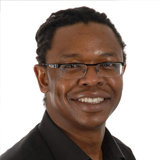 In this interview, Marit Tjelmeland and Alan Msosa discuss the current situation for LGBTQI+ rights in Malawi. This interview relates to the SRR project.
In this interview, Marit Tjelmeland and Alan Msosa discuss the current situation for LGBTQI+ rights in Malawi. This interview relates to the SRR project.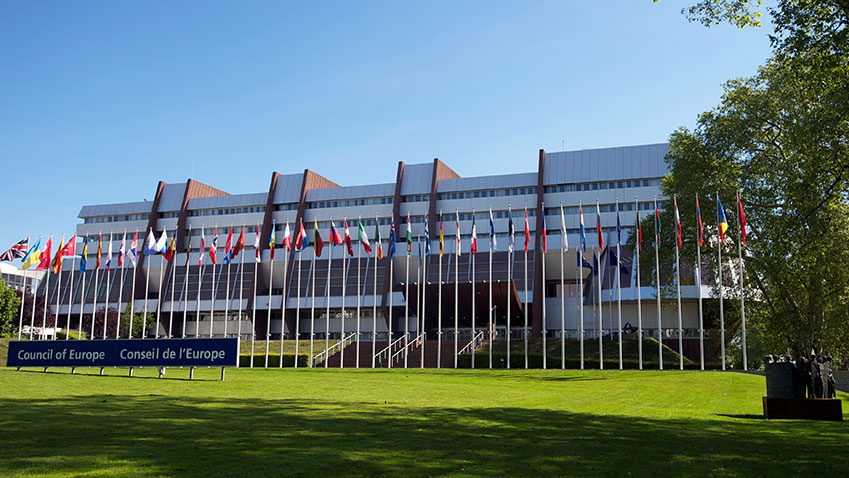 founded in 1949 as a response to the fundamental violations of human rights in World War II. The Statute was signed by ten founders and now includes 47 Member States which have come together to agree on common standards on human rights, democracy and the rule of law. In this blog post, Giedre Casaite examines the effectiveness of the courts and how it can retain its relevance in today’s world.
founded in 1949 as a response to the fundamental violations of human rights in World War II. The Statute was signed by ten founders and now includes 47 Member States which have come together to agree on common standards on human rights, democracy and the rule of law. In this blog post, Giedre Casaite examines the effectiveness of the courts and how it can retain its relevance in today’s world. In the course of three months in 1994, between 800 000 and 1 million Rwandans were brutally slaughtered in systemised attacks. The reconciliation process that followed has been hailed all over the world. But for many Rwandans the hundred days of horror linger. More than a lesson in reconciliation and how to move on, the Rwanda genocide is a lesson in the importance of intervening.
In the course of three months in 1994, between 800 000 and 1 million Rwandans were brutally slaughtered in systemised attacks. The reconciliation process that followed has been hailed all over the world. But for many Rwandans the hundred days of horror linger. More than a lesson in reconciliation and how to move on, the Rwanda genocide is a lesson in the importance of intervening.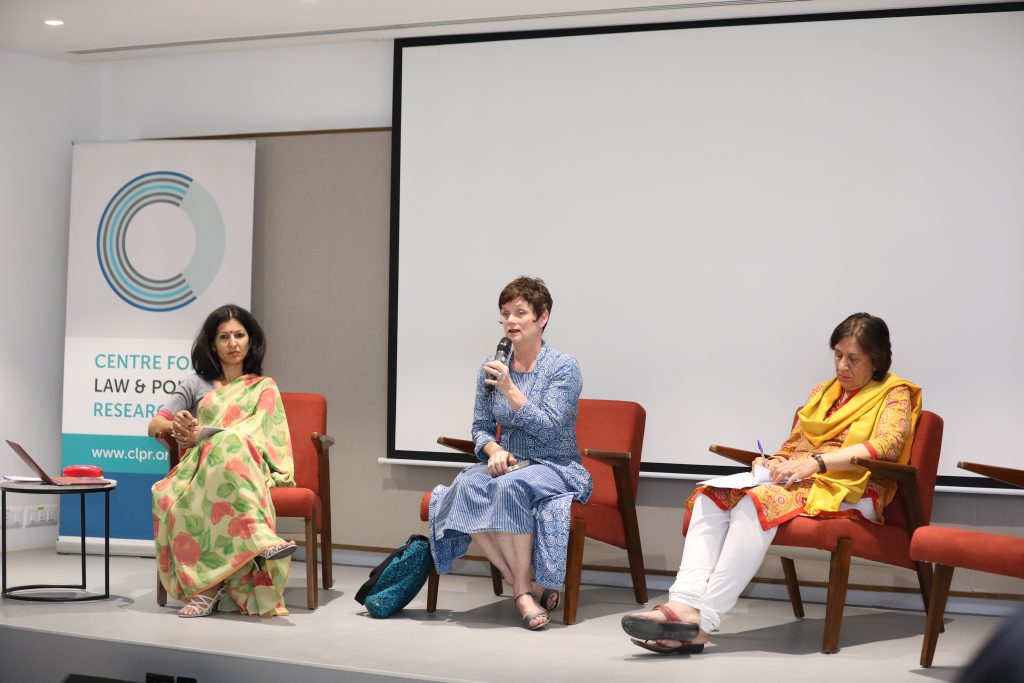 women’s health and reproductive rights. The 2019 general election has brought to the forefront hotly contested political issues and promises. But one area of reform that has just not been an important electoral issue is the sexual and reproductive rights of women. While all major parties make some piecemeal promises to women, the recognition of sexual and reproductive rights is almost negligible. This is despite the recent progressive legal work in courts.
women’s health and reproductive rights. The 2019 general election has brought to the forefront hotly contested political issues and promises. But one area of reform that has just not been an important electoral issue is the sexual and reproductive rights of women. While all major parties make some piecemeal promises to women, the recognition of sexual and reproductive rights is almost negligible. This is despite the recent progressive legal work in courts.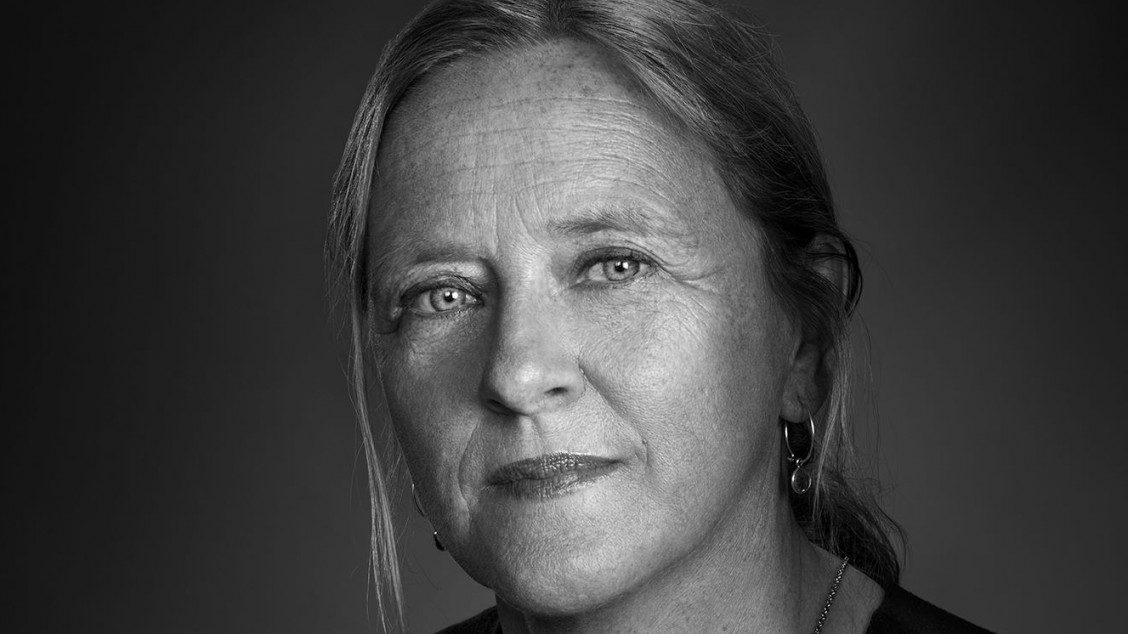 som viktigste valgkamptema foran Europaparlamentsvalget i mai?
som viktigste valgkamptema foran Europaparlamentsvalget i mai?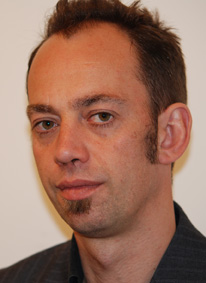 kampanje om en plass i FNs sikkerhetsråd. Schia har rett i at det er en viktig institusjon som trenger land som er opptatt av (å holde) verdensorden. Men han stiller seg fullstendig bak Regjeringens argumenter uten å stille kritiske spørsmål. Hvorfor er det akkurat Norge verden trenger i denne viktige rollen og ikke Irland og Canada, våre hovedkonkurrenter.
kampanje om en plass i FNs sikkerhetsråd. Schia har rett i at det er en viktig institusjon som trenger land som er opptatt av (å holde) verdensorden. Men han stiller seg fullstendig bak Regjeringens argumenter uten å stille kritiske spørsmål. Hvorfor er det akkurat Norge verden trenger i denne viktige rollen og ikke Irland og Canada, våre hovedkonkurrenter.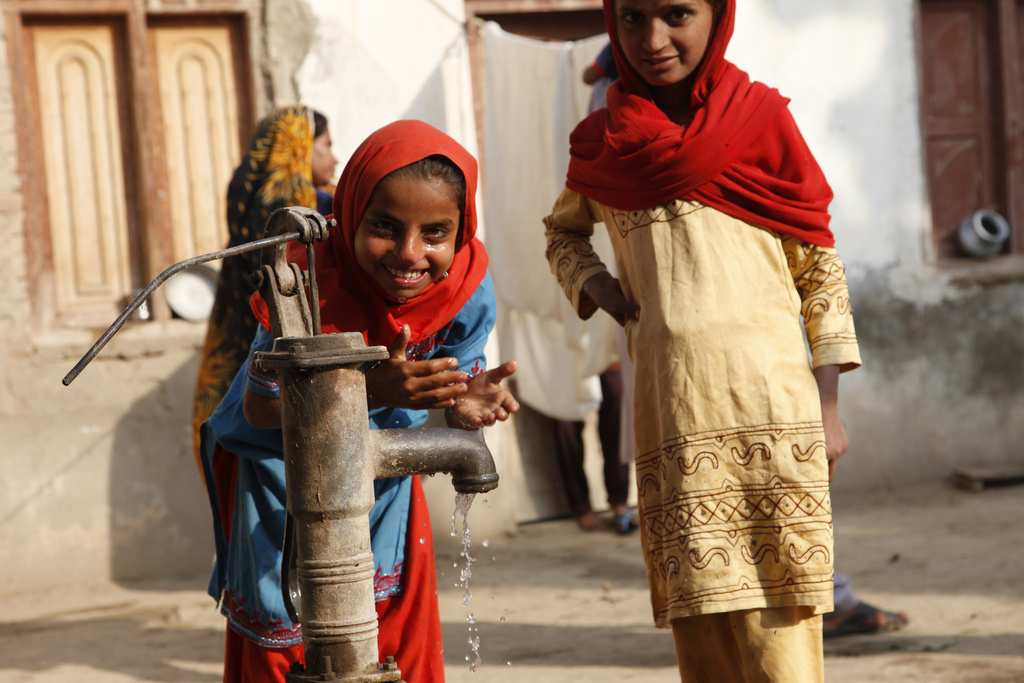 There is a good reason why two UN resolutions explicitly recognized the right to safe and clean drinking water and sanitation as an independent human right in 2010, and there is also a good reason why the World Water Day has been celebrated every year since 22. March 1993. The violation of the right to water not only leads to profound sorrow and complications for the individuals, but can also result in the violation of other human rights.
There is a good reason why two UN resolutions explicitly recognized the right to safe and clean drinking water and sanitation as an independent human right in 2010, and there is also a good reason why the World Water Day has been celebrated every year since 22. March 1993. The violation of the right to water not only leads to profound sorrow and complications for the individuals, but can also result in the violation of other human rights.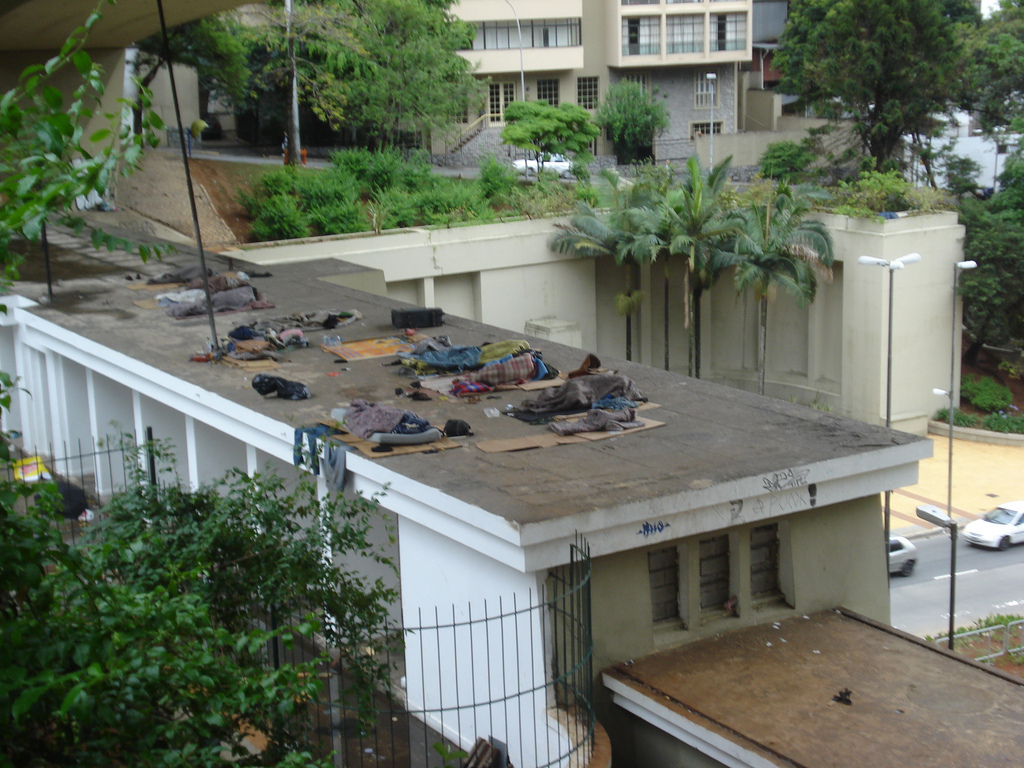 For those without a home, access to clean water for drinking, making food and personal hygiene is a constant challenge. Homeless people often use public toilets for this purpose, and many collect water from gutters, sewage pipes, or rain. In São Paulo, only some public libraries, shelters, parks and toilets offer drinking fountains and taps of clean water. Until very recently, people living on the streets of the city center used to count on the goodwill of those working at restaurants and bars to access drinking water.
For those without a home, access to clean water for drinking, making food and personal hygiene is a constant challenge. Homeless people often use public toilets for this purpose, and many collect water from gutters, sewage pipes, or rain. In São Paulo, only some public libraries, shelters, parks and toilets offer drinking fountains and taps of clean water. Until very recently, people living on the streets of the city center used to count on the goodwill of those working at restaurants and bars to access drinking water. Globalt ble 2018 et dårlig år for rettsstaten. I sin åpningstale som ny FN-kommisjoner for menneskerettigheter, uttrykte Michelle Bachelet i september 2018 fortvilelse over de mange tilbakeslagene verden rundt: Dommere ble verbalt angrepet i USA, sparket i Polen og arrestert i Tyrkia, av statenes utøvende myndigheter. Regjeringsmakt ble styrket på bekostning av grunnleggende sivile rettigheter i nye lover i Australia, Nicaragua og Ungarn. I Russland, Brasil, Kina, Egypt, Filipinene og flere andre steder ble advokater, menneskerettighetsaktivister og journalister utskjelt, arrestert og til og med drept.
Globalt ble 2018 et dårlig år for rettsstaten. I sin åpningstale som ny FN-kommisjoner for menneskerettigheter, uttrykte Michelle Bachelet i september 2018 fortvilelse over de mange tilbakeslagene verden rundt: Dommere ble verbalt angrepet i USA, sparket i Polen og arrestert i Tyrkia, av statenes utøvende myndigheter. Regjeringsmakt ble styrket på bekostning av grunnleggende sivile rettigheter i nye lover i Australia, Nicaragua og Ungarn. I Russland, Brasil, Kina, Egypt, Filipinene og flere andre steder ble advokater, menneskerettighetsaktivister og journalister utskjelt, arrestert og til og med drept.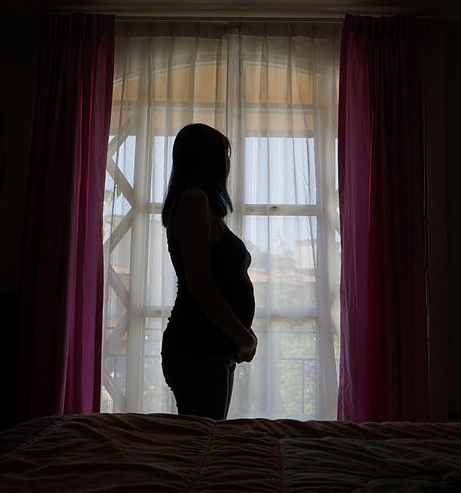 Latin America is the only region in the world where adolescent pregnancies are not decreasing. It is expected that 38 % of Latin American girls will get pregnant before the age of 20. In the last few decades efforts have been made to develop a more comprehensive sex education, focused on preparing youth with the knowledge and skills necessary for healthy sexual lives. Research shows that the traditional focus on abstinence in sex education does not reduce the number of teen pregnancies. However, there is a vast conservative mobilization against the more comprehensive approach to sex education.
Latin America is the only region in the world where adolescent pregnancies are not decreasing. It is expected that 38 % of Latin American girls will get pregnant before the age of 20. In the last few decades efforts have been made to develop a more comprehensive sex education, focused on preparing youth with the knowledge and skills necessary for healthy sexual lives. Research shows that the traditional focus on abstinence in sex education does not reduce the number of teen pregnancies. However, there is a vast conservative mobilization against the more comprehensive approach to sex education.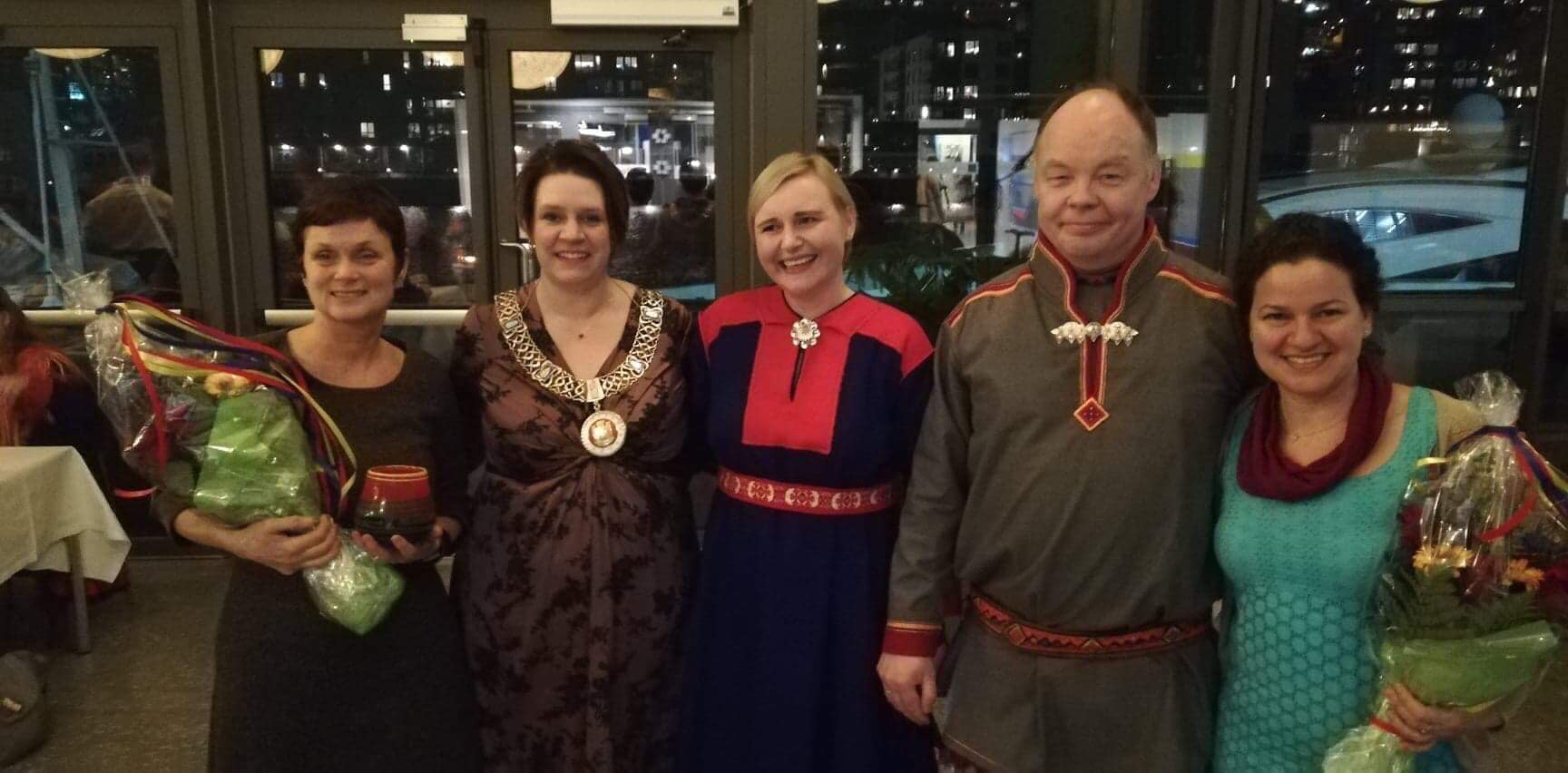 We at the Centre on Law & Social Transformation are very pleased for having received the Bergen Sameforening’s honorary award 2019 for our contribution to increased visibility and focus on Sami issues and for a great collaboration in organizing the celebrations of the 50th anniversary of the Sami association in Bergen.
We at the Centre on Law & Social Transformation are very pleased for having received the Bergen Sameforening’s honorary award 2019 for our contribution to increased visibility and focus on Sami issues and for a great collaboration in organizing the celebrations of the 50th anniversary of the Sami association in Bergen.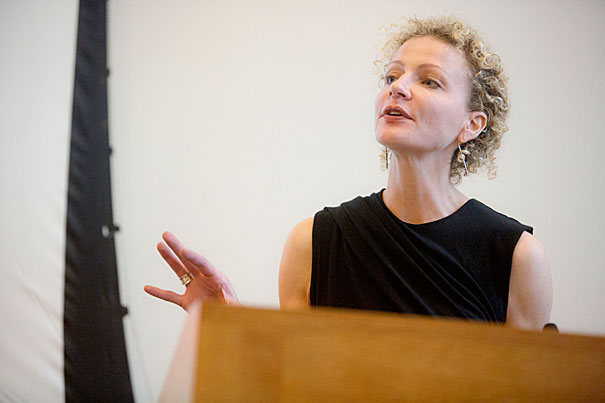 appointed Senior Fellow of the Global Health and Rights Project (GHRP) at Harvard University.
appointed Senior Fellow of the Global Health and Rights Project (GHRP) at Harvard University. Latin America is the only region in the world where adolescent pregnancies are not decreasing. It is expected that 38 % of Latin American girls will get pregnant before the age of 20. In the last few decades efforts have been made to develop a more comprehensive sex education, focused on preparing youth with the knowledge and skills necessary for healthy sexual lives. Research shows that the traditional focus on abstinence in sex education does not reduce the number of teen pregnancies. However, there is a vast conservative mobilization against the more comprehensive approach to sex education.
Latin America is the only region in the world where adolescent pregnancies are not decreasing. It is expected that 38 % of Latin American girls will get pregnant before the age of 20. In the last few decades efforts have been made to develop a more comprehensive sex education, focused on preparing youth with the knowledge and skills necessary for healthy sexual lives. Research shows that the traditional focus on abstinence in sex education does not reduce the number of teen pregnancies. However, there is a vast conservative mobilization against the more comprehensive approach to sex education. Den siste tiden har nyhetene florert av saker hvor det stilles spørsmål ved norske politikeres pengebruk.
Den siste tiden har nyhetene florert av saker hvor det stilles spørsmål ved norske politikeres pengebruk. Malcolm Langford, Co-Director at LawTransform, CMI researcher and Professor, University of Oslo is part of a team that has just been granted a 24 million kroner from the Research Council of Norway for the project ‘Vulnerability in the Robot Society’.
Malcolm Langford, Co-Director at LawTransform, CMI researcher and Professor, University of Oslo is part of a team that has just been granted a 24 million kroner from the Research Council of Norway for the project ‘Vulnerability in the Robot Society’.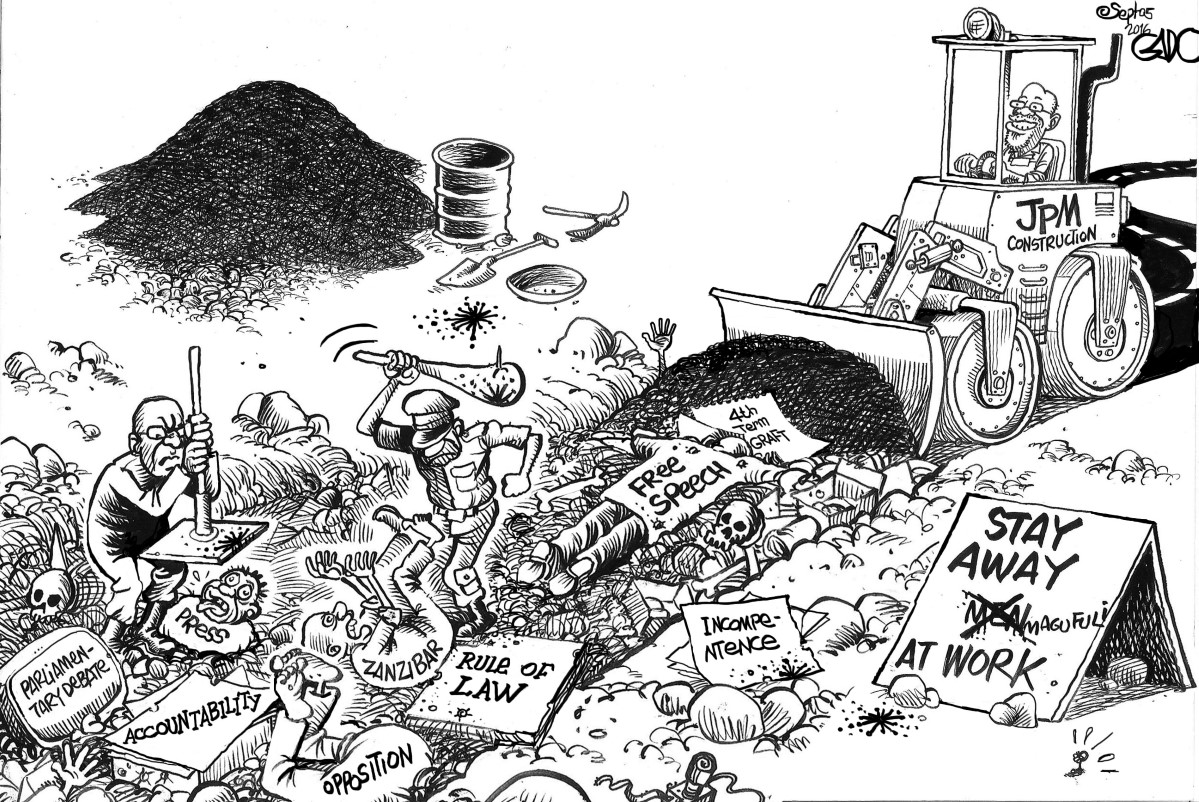 Det går utforbakke med demokratiet og rettsstaten i Tanzania, skriver professor Lise Rakner.
Det går utforbakke med demokratiet og rettsstaten i Tanzania, skriver professor Lise Rakner.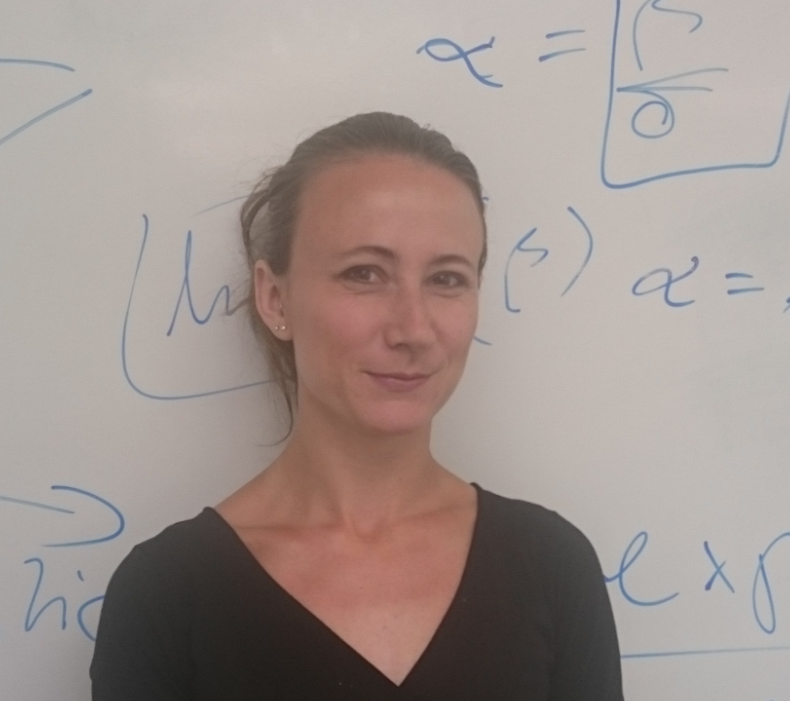 For eksempel kan eg, med SSB og NRK på mi side, informere om at Noreg kjem til å huse nesten femten millionar islendingar innan 2024. Korleis er det mulig?
For eksempel kan eg, med SSB og NRK på mi side, informere om at Noreg kjem til å huse nesten femten millionar islendingar innan 2024. Korleis er det mulig?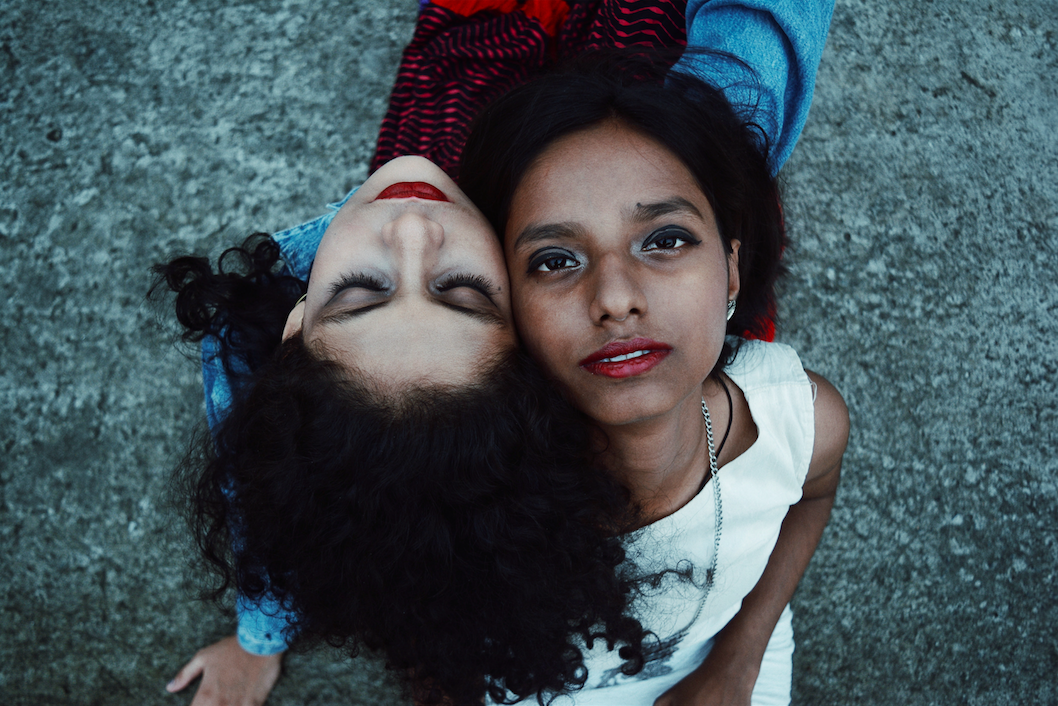 On 22nd October, the Lawtransform unit for Gender, Sexuality and the Law hosted a breakfast seminar on the decriminalization of homosexuality in India. Vikram Kolmannskog (researcher on the LawTransform project Sexual and Reproductive Rights Lawfare: Global Battles) and Jayna Kothari (constitutional lawyer and co-founder of Centre for Law and Policy Research, Bangalore) discussed the Indian Supreme Court judgement that decriminalized homosexuality. The participants’ presentations and subsequent discussion, focused on the constitutional developments arising from the judgement, advocacy strategies, what impact the judgment will have for the LGBTQI community in India, and the lessons that other countries could learn from the struggle for decriminalization. The presentations were inspiring and motivational. As Kolmannskog said, the decriminalization of homosexuality amongst the regular cycle of concerning news is just what the world needs.
On 22nd October, the Lawtransform unit for Gender, Sexuality and the Law hosted a breakfast seminar on the decriminalization of homosexuality in India. Vikram Kolmannskog (researcher on the LawTransform project Sexual and Reproductive Rights Lawfare: Global Battles) and Jayna Kothari (constitutional lawyer and co-founder of Centre for Law and Policy Research, Bangalore) discussed the Indian Supreme Court judgement that decriminalized homosexuality. The participants’ presentations and subsequent discussion, focused on the constitutional developments arising from the judgement, advocacy strategies, what impact the judgment will have for the LGBTQI community in India, and the lessons that other countries could learn from the struggle for decriminalization. The presentations were inspiring and motivational. As Kolmannskog said, the decriminalization of homosexuality amongst the regular cycle of concerning news is just what the world needs.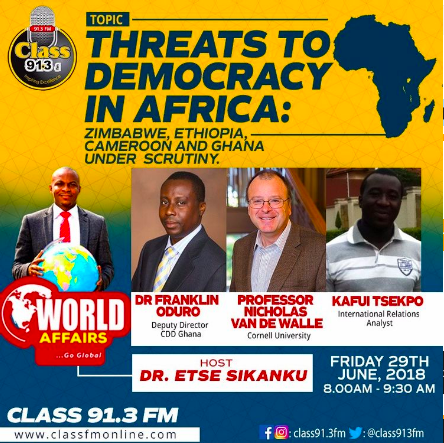 During the Breaking BAD project meeting in Accra, Ghana, Lise Rakner (Principal Investigator, CMI/Uni. of Bergen), Nicolas van de Walle (Cornell University), Leo Arriola (Uni. of California, Berkley) and Franklin Oduro (Deputy Executive Director, CDD-Ghana) participated in a radio show titled ‘World Affairs’. The topic of the day was ‘Threats to democracy in Africa’, and our three project members and partner from CDD engaged in discussion with Etse Sikanku from the radio station Class 91.3 FM.
During the Breaking BAD project meeting in Accra, Ghana, Lise Rakner (Principal Investigator, CMI/Uni. of Bergen), Nicolas van de Walle (Cornell University), Leo Arriola (Uni. of California, Berkley) and Franklin Oduro (Deputy Executive Director, CDD-Ghana) participated in a radio show titled ‘World Affairs’. The topic of the day was ‘Threats to democracy in Africa’, and our three project members and partner from CDD engaged in discussion with Etse Sikanku from the radio station Class 91.3 FM.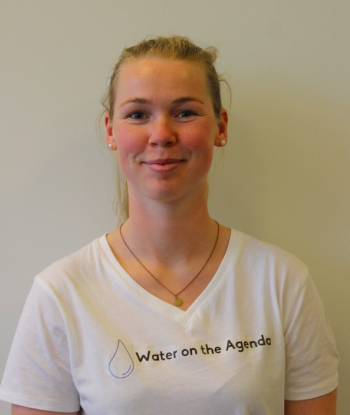 drikkevann, ifølge en ny rapport. 21 byer i India står i fare for å gå tom for grunnvann frem mot år 2020. India står overfor en akutt vannkrise hvor 600 millioner mennesker risikerer å ikke ha tilgang på rent drikkevann. Dette er ikke noe nytt. Vannkrisen i India har ikke oppstått over natten. Problemene kommer ikke til å gå over av seg selv, og konflikter om tilgang til vann vil bare øke.
drikkevann, ifølge en ny rapport. 21 byer i India står i fare for å gå tom for grunnvann frem mot år 2020. India står overfor en akutt vannkrise hvor 600 millioner mennesker risikerer å ikke ha tilgang på rent drikkevann. Dette er ikke noe nytt. Vannkrisen i India har ikke oppstått over natten. Problemene kommer ikke til å gå over av seg selv, og konflikter om tilgang til vann vil bare øke.
